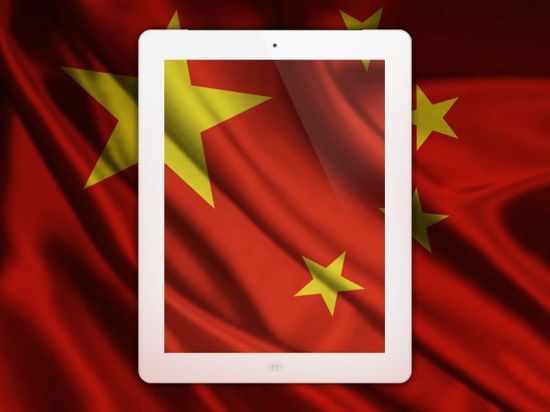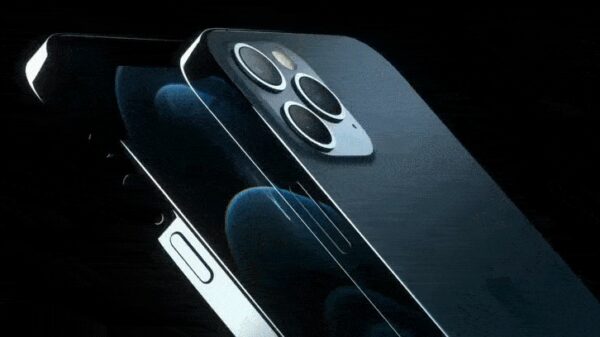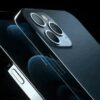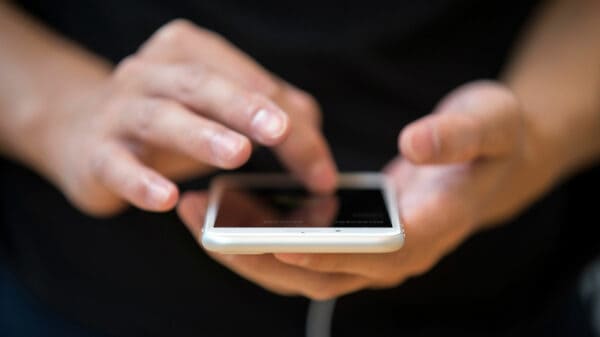Would you believe me, if I said iPad isn’t Apple’s trademark, but belongs to some company in Taiwan? I’m sure you wouldn’t. You never heard of this, never heard about iPads from Taiwan being a product different from Apple’s well known tablet. Well apparently, when you bought an iPad in China, you had no guarantee you bought the original Apple’s product. But that is all old news right now, as Apple finally regained the rights to iPad name.
The whole story dates back to 2001 (or 2000 – depending on the source you read), when a Chinese company, Shenzhen Proview Technology trademarked the “iPad” name. The company originally wanted the name for a product that looked like iMac, which was probably made to resemble the popular Apple product. However, Shenzhen Proview was mostly a monitor making company and they sold the rights for iPad for just 55,000 USD back in 2009. Everything seemed done according to the law.
And yes, it was all completed according to the law – Taiwan’s law. Apple’s lawyers forgot about one little detail which turned out to be pretty important. According to Chinese law, trademarks for China have to be registered to a company on the mainland. So Apple’s lawyers should have bought the name through a Chinese branch of Shenzhen Proview registered on the mainland, and not on Taiwan. They never did that and they also never transferred the rights to the name from Taiwan to China. And the logical consequence of that is that Chinese court never recognized the 55,000 dollars payment. The “iPad” trademark legally still belonged to Shenzhen Proview.
When iPad came out in 2009 and almost automatically became a golden goose, Proview, being close to bankruptcy, saw an opportunity to make some money, and demanded 400 million dollars from Apple, as they still hold the right to the iPad name in China.
Apple was not keen to spend so much money, and fought for two years in courts. The first ruling was in favor of Proview, and Apple appealed it in February of 2012. Since then the two companies were working on a settlement with the help of the Higher People’s Court of Guangdong, which mediated the whole negotiations. The agreement was finally reached in July, after Apple agreed to pay 60 million dollars to Shenzhen Proview. This money will surely help Proview, as they desperately need funds to pay off their debt, which reportedly is as big as 400 million dollars. So they won’t so much feed off of Apple, they will extend their survival.
60 million dollars seems like a lot and little at the same time, considering that China is Apple’s second largest market in the world and also the fastest growing one. This certainly changes the way you perceive 60 million dollars. There are 1,3 billion people in China – 1,3 billion potential customers. During the trial, some stores pulled out iPads from their assortment, what meant huge money loss for Apple. Fighting in courts for much longer would mean huge profit losses for the company, much larger than the 60 million they decided to pay.
Also, some anecdotes show just how popular Apple products in China are, and prove why it was so important to end the negotiations as quick as possible. In 2011 local authorities closed down 22 Apple stores in one city. Why? Because it turned out they were fake stores, presumably selling fake Apple gadgets. Who knows how many fake stores are there in China? And the only reason these stores pop out into existence is that there is a huge demand for iPads, iPhones and iPods. Reaching this settlement before the release of iPad 3 should be considered as a great strategic move by Apple. They regained the rights, didn’t pay 400 million and could finally concentrate solely on marketing their new iPad 3 in China.
The agreement is an unusual win-win situation. Shenzhen Proview got the money to maybe escpe from bankruptcy; Apple finally bought the iPad trademark, and the Chinese users are overjoyed, because iPads will return to stores, and there will be nothing staying in the way of iPad 3 coming to China. Since 2010, Apple sold over six million iPads in China. And we can be sure that getting the iPad trademark will double this number in a matter of a year or two.
Jack Samuelson is a contributing author who writes articles on numerous subjects. He has a wide range of interests, and a soft spot for weird news and funny stories. He has been an insightful observer of the world but always tries to balance his commitment to serious issues concentrating on some less serious, funny news.

3 Comments
Leave a Reply
Cancel reply
Leave a Reply
This site uses Akismet to reduce spam. Learn how your comment data is processed.


























































































































































































Stef
October 8, 2012 at 3:47 pm
Well that was indeed a good move for Apple. But I really can’t fathom why fake Apple stores in China exist. Is it really legal in China? Don’t they need some permit or something to be able to put up an Apple store?
JackSamuelson
October 9, 2012 at 8:49 am
Well, I think that capitalism works really well in China. In other words – money helps (in opening a fake Apple iStore). Also, I think that the Chinese government doesn’t care about this issue. It’s not like it’s a Chinese product, you know? So they react when there’s bad publicity involved, but not sooner.
But that’s just my thoughts – maybe the fake iStores owners are just too smart for the government regulations 🙂
Nawaz
October 8, 2012 at 5:29 pm
I have never peeped in such a legal business issues. We just like product of Apple that is No 1 brand in the world. But this article has disclosed many business secrets.